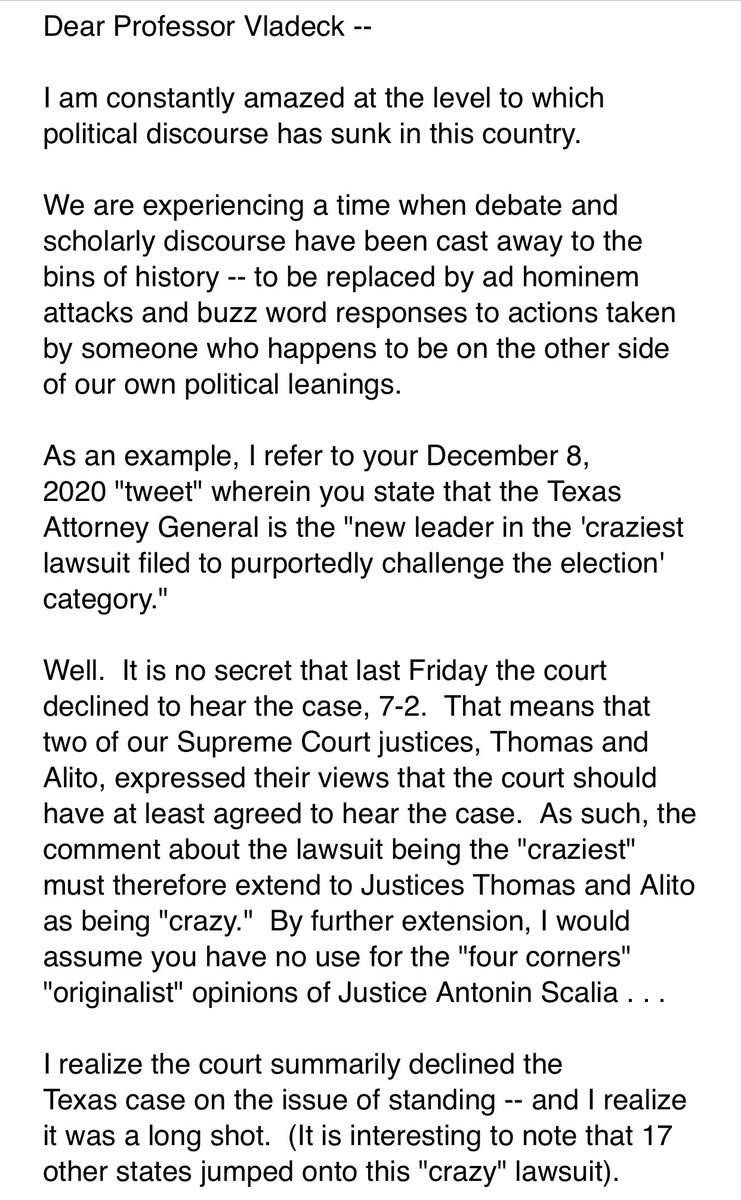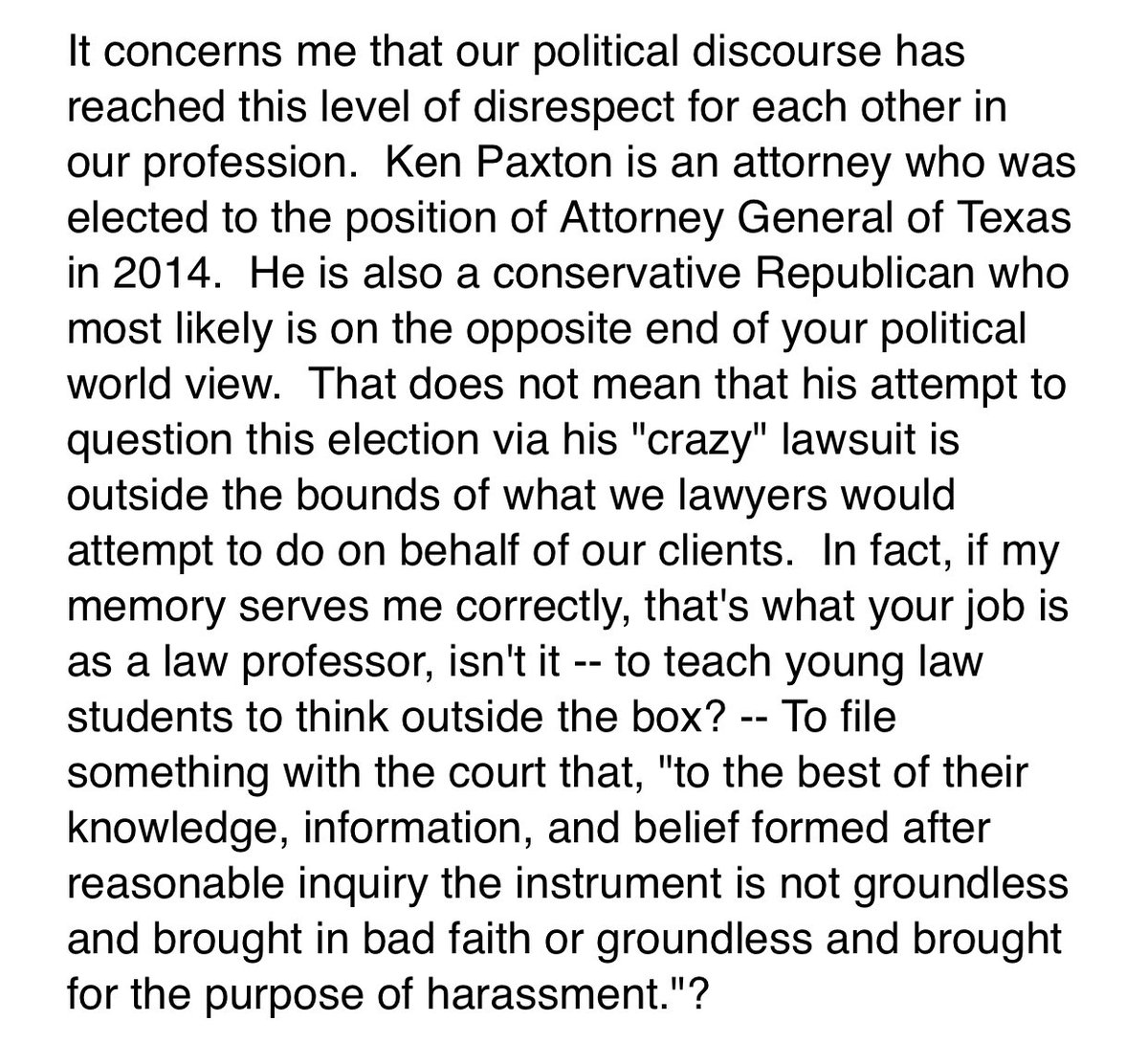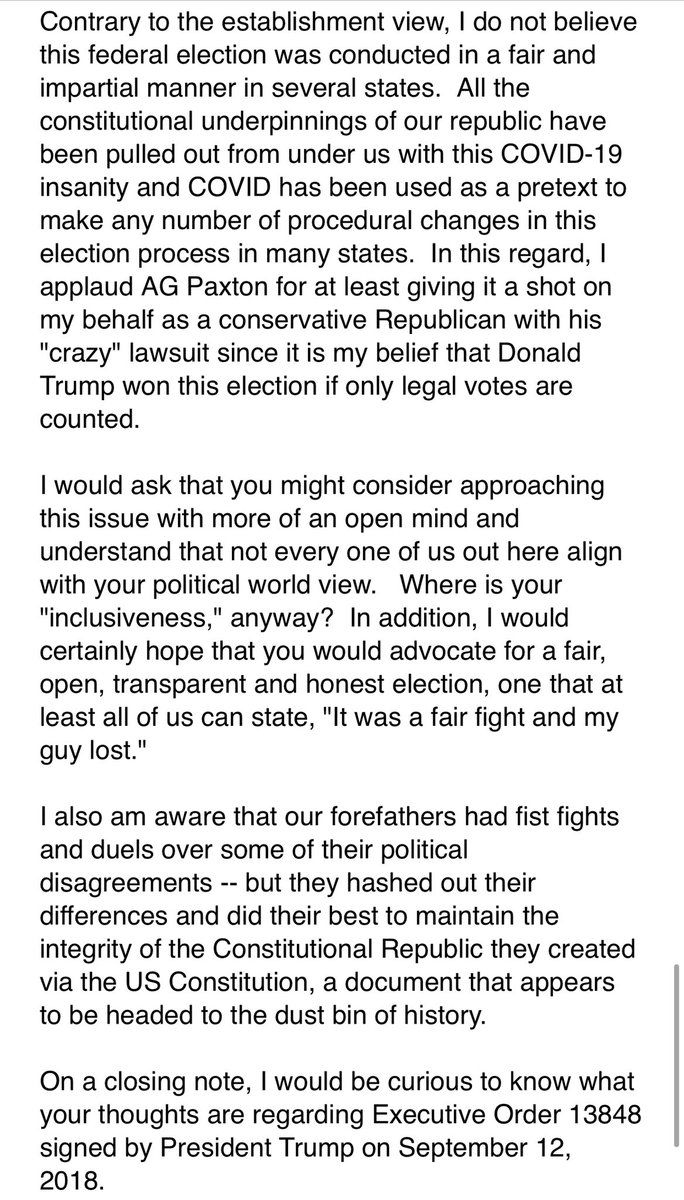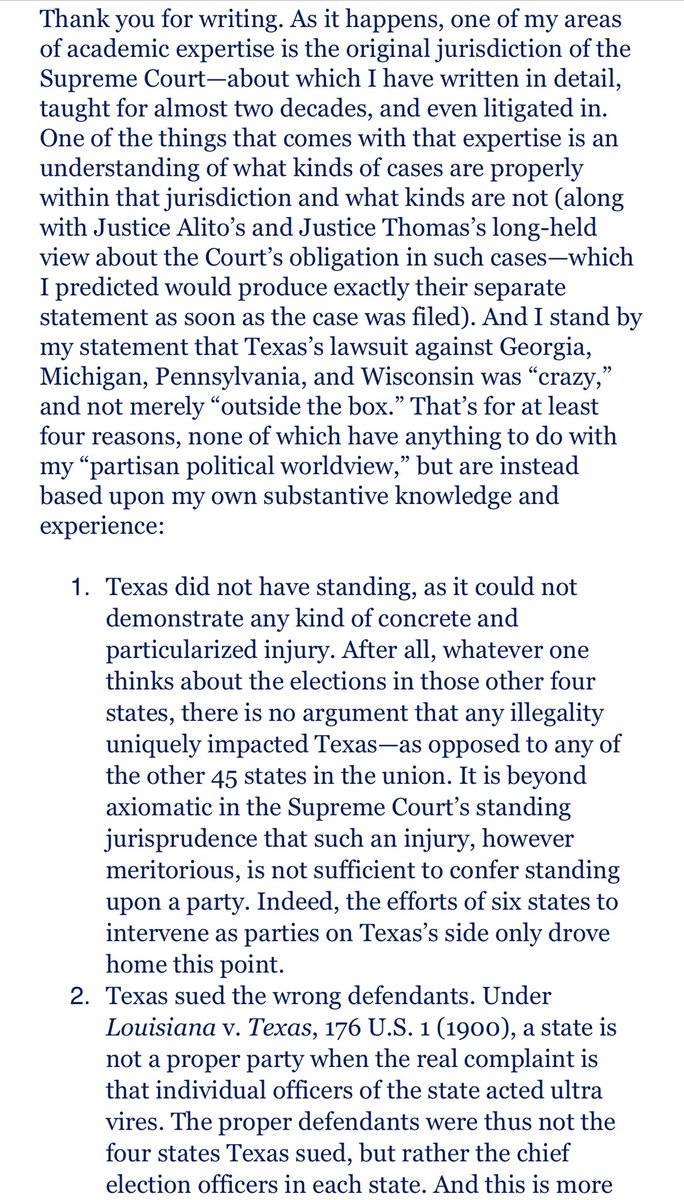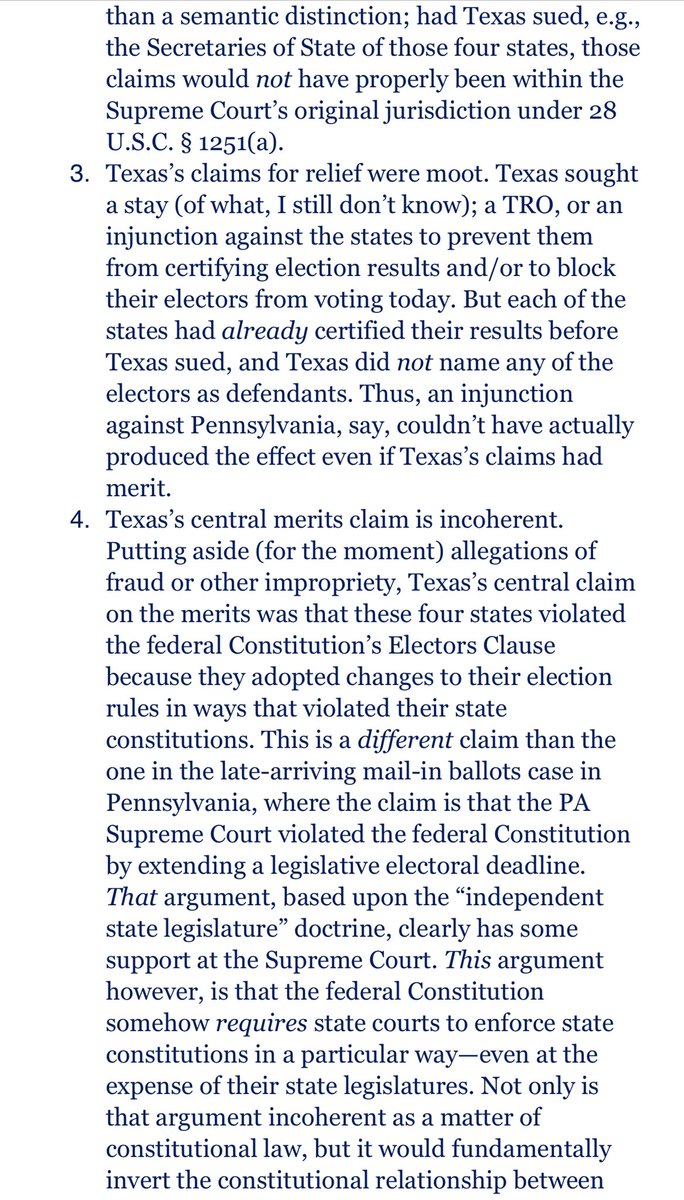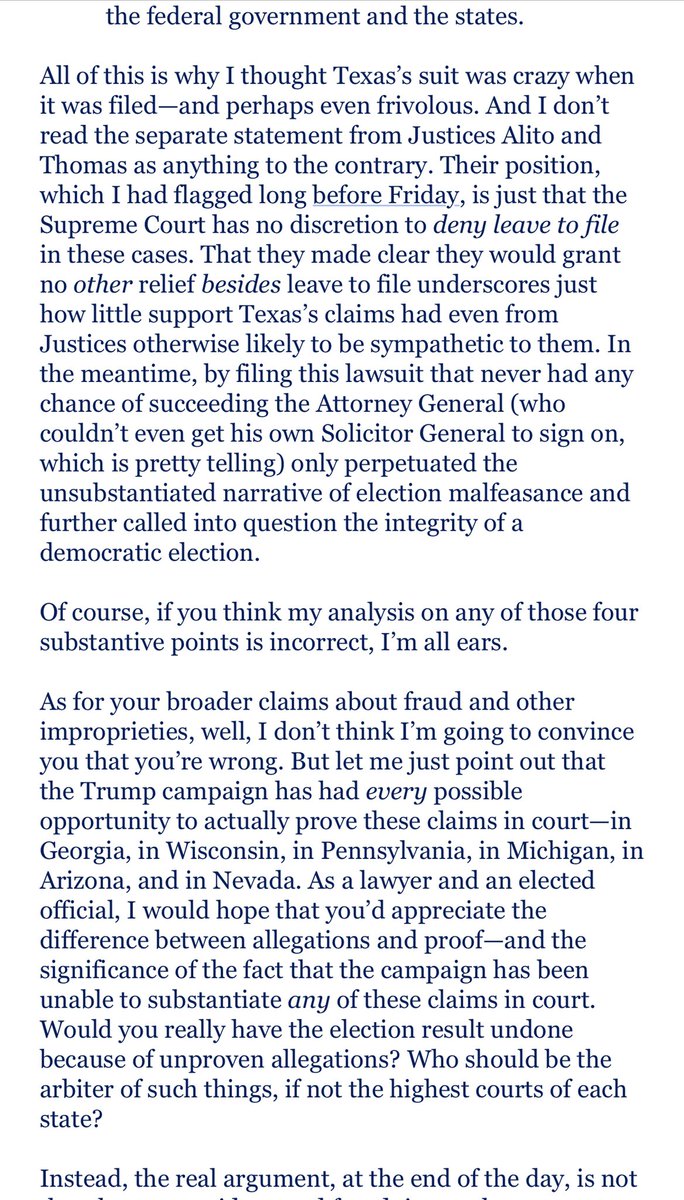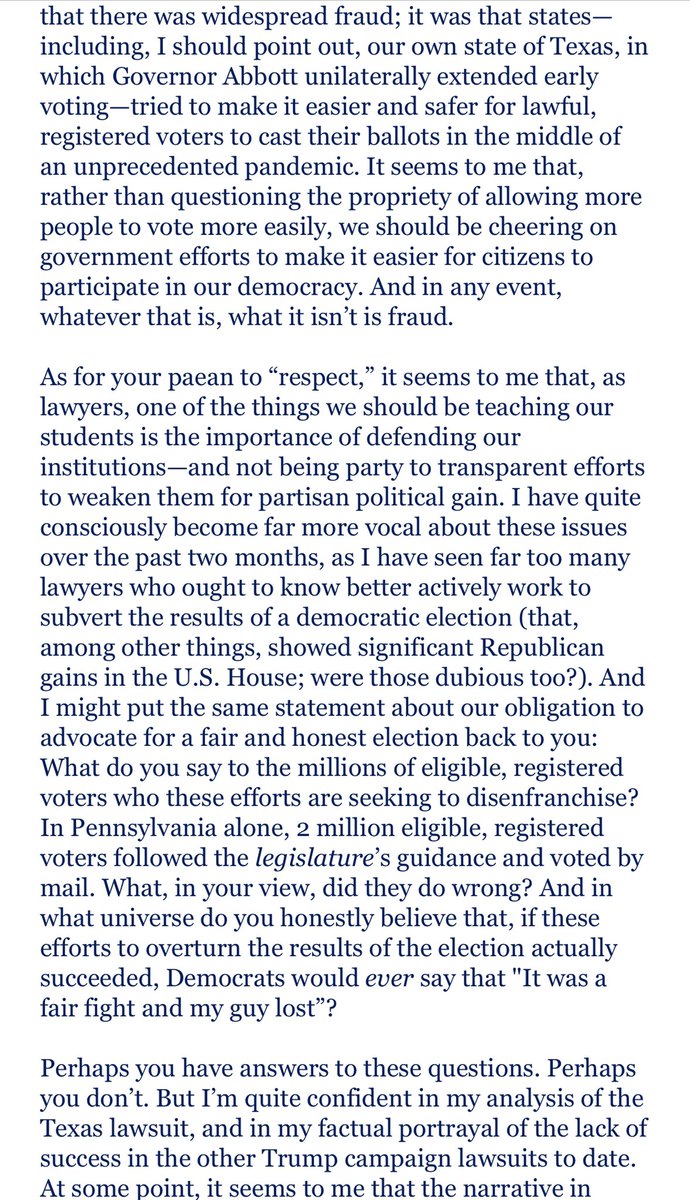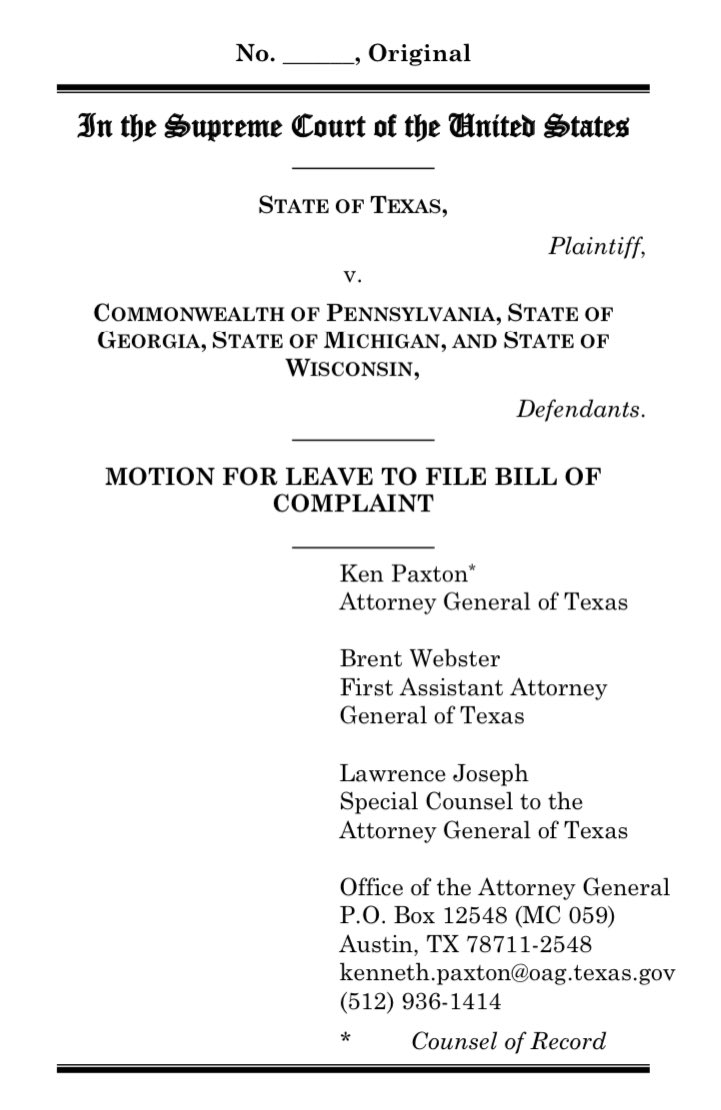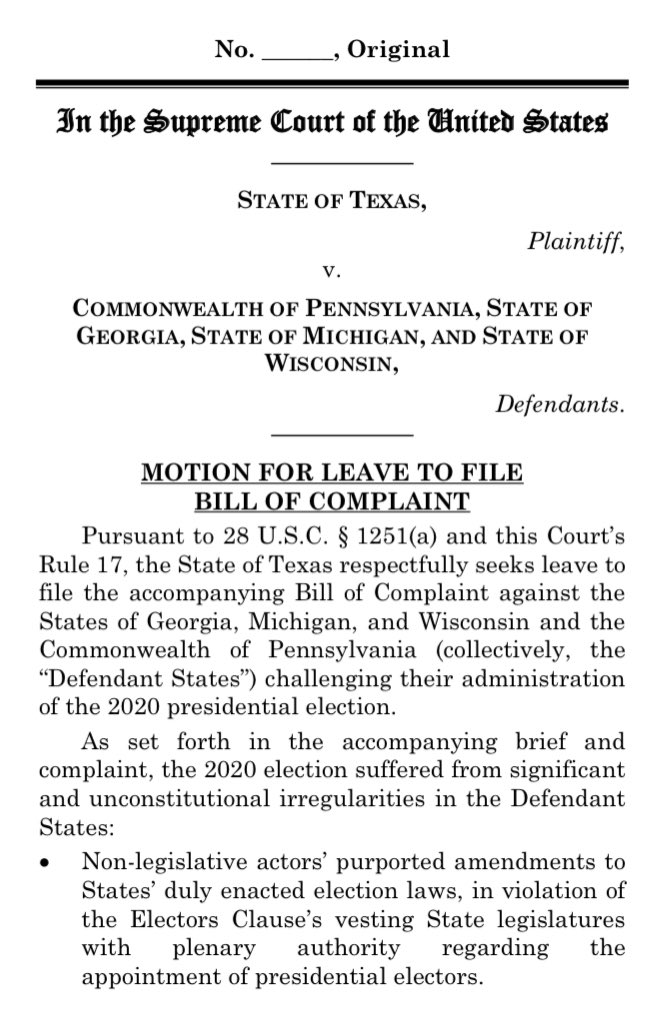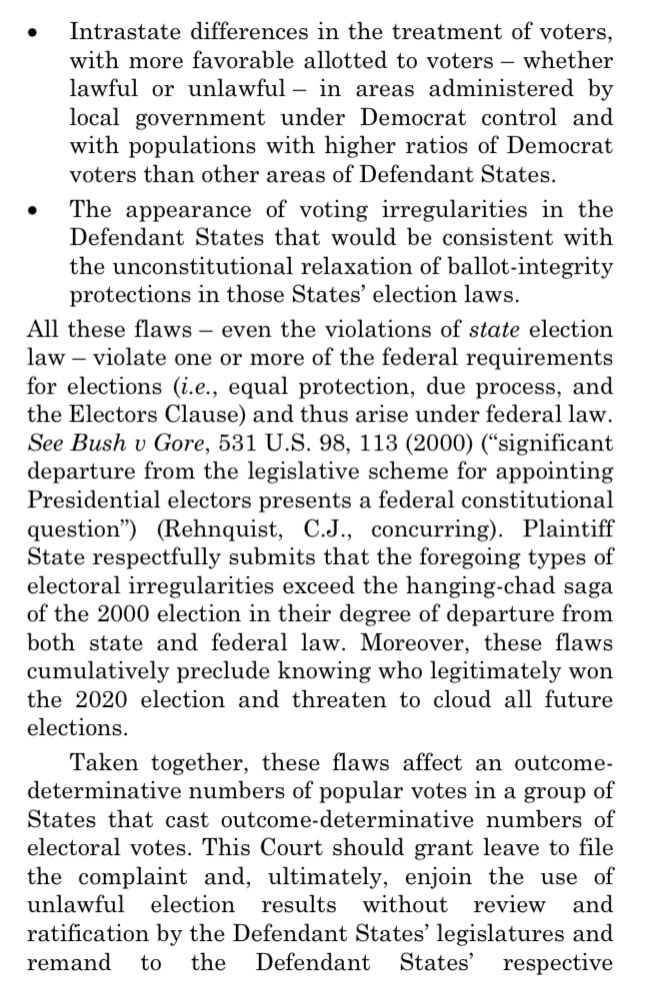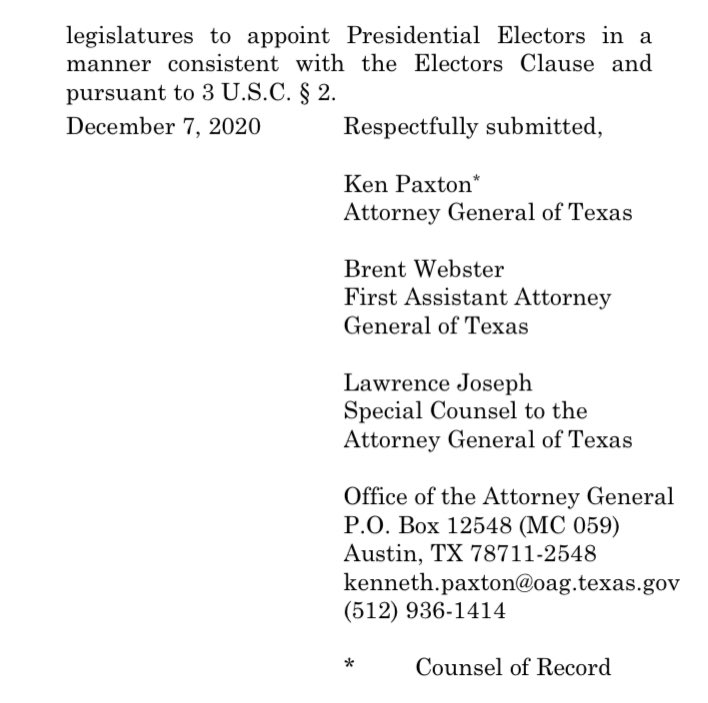
1. In light of this @RonanFarrow story about Larry Rendall Brock, Jr., an Air Force veteran, here's a quick #thread about the complicated, confusing, and evolving state of the law regarding when the military can (and cannot) court-martial retired servicemembers.
https://twitter.com/RonanFarrow/status/1347763766830780416
2. First, an important distinction: The military can *recall* most retirees to active duty. But that's not the same thing as whether they can be tried by court-martial for offenses committed *while* retired (and before being recalled).
That's where things get complicated.
That's where things get complicated.
3. The Uniform Code of Military Justice (UCMJ) authorizes courts-martial for *any* offense committed by those who have retired from a "regular component" and are receiving pay, along with members of the Fleet Reserve and Fleet Marine Corps Reserve (who are effectively retirees).
4. But the UCMJ authorizes courts-martial for offenses committed by those who have retired from *reserve* components only while "receiving hospitalization from an armed force." And #SCOTUS held in 1955 that the military cannot try those who have *separated* from the armed forces.
5. So whether Brock can be tried by court-martial — under current law, anyway — for his role in Wednesday's attacks depends upon his *exact* status as of Wednesday, i.e., whether he is separated from the Air Force, retired from active duty, or retired from the reserves.
But...
But...
6. This legal framework is being challenged. Whether the *Constitution* allows the military to court-martial *any* retired servicemember for offenses committed while retired is currently at issue in two separate lawsuits (full disclosure: I represent the retiree in both of them).
7. In Larrabee v. Braithwaite, the DC district court ruled in November that the Constitution forbids the court-martial of members of the Fleet Marine Corps Reserve for offenses committed after retiring from active duty:
cases.justia.com/federal/distri…
That ruling may soon be appealed.
cases.justia.com/federal/distri…
That ruling may soon be appealed.
8. And in United States v. Begani, the Court of Appeals for the Armed Forces will hear argument in March or April on both the Larrabee question *and* whether the UCMJ violates equal protection insofar as the distinction between active-duty and reservist retirees is arbitrary.
9. Thus, the existing law rests on complex distinctions *and* there's ongoing litigation that could significantly narrow—if not altogether eliminate—the circumstances in which *any* retired servicemembers can be tried by court-martial for offenses committed *while* retired.
/end
/end
• • •
Missing some Tweet in this thread? You can try to
force a refresh

